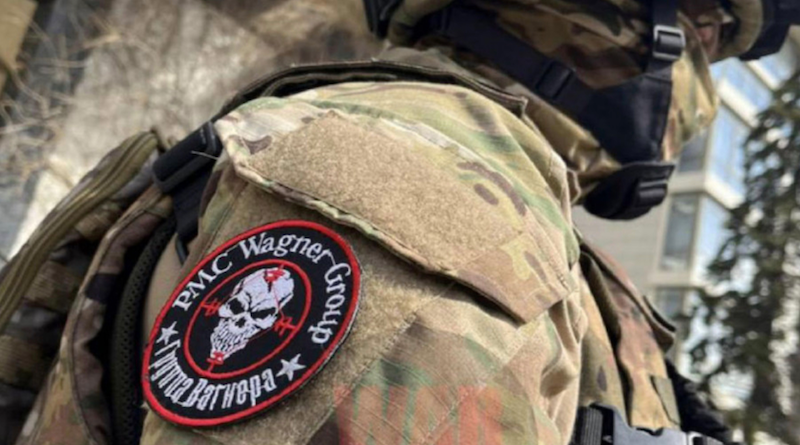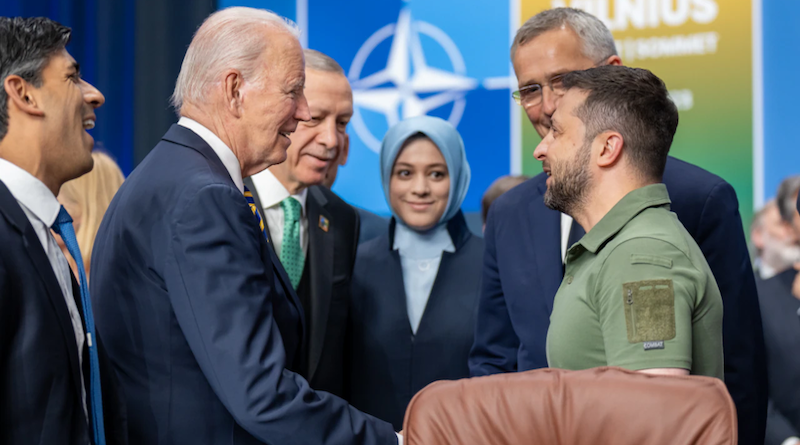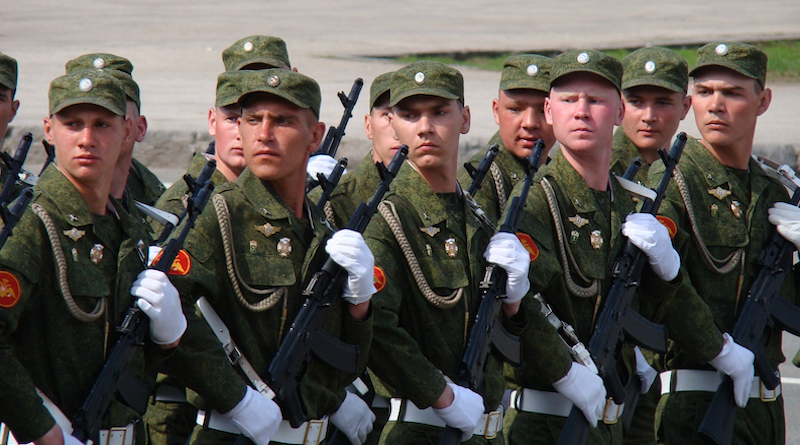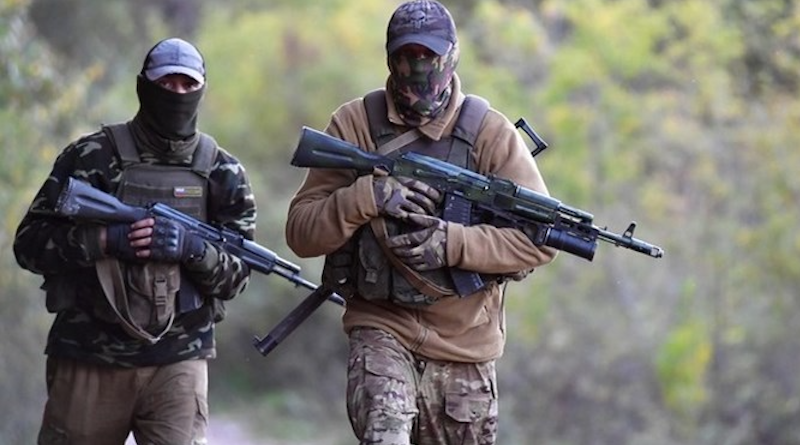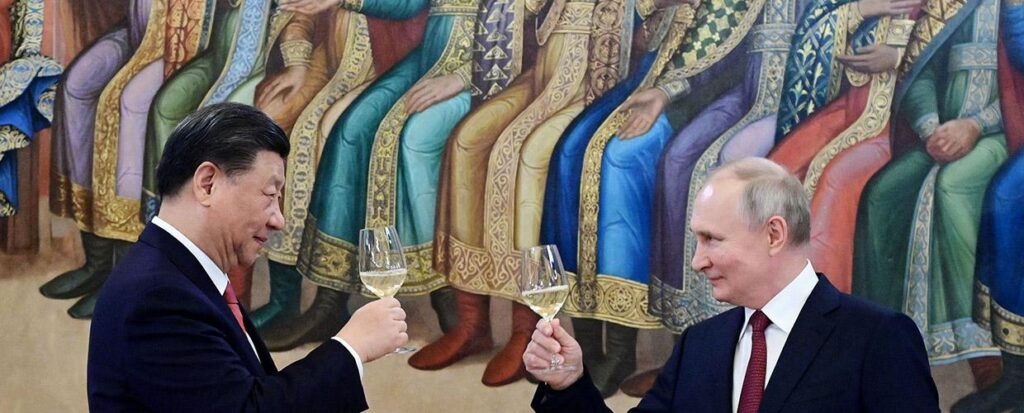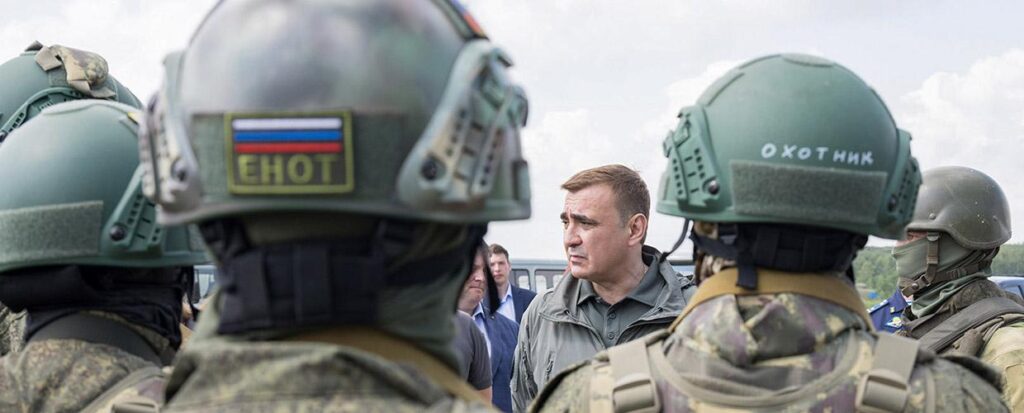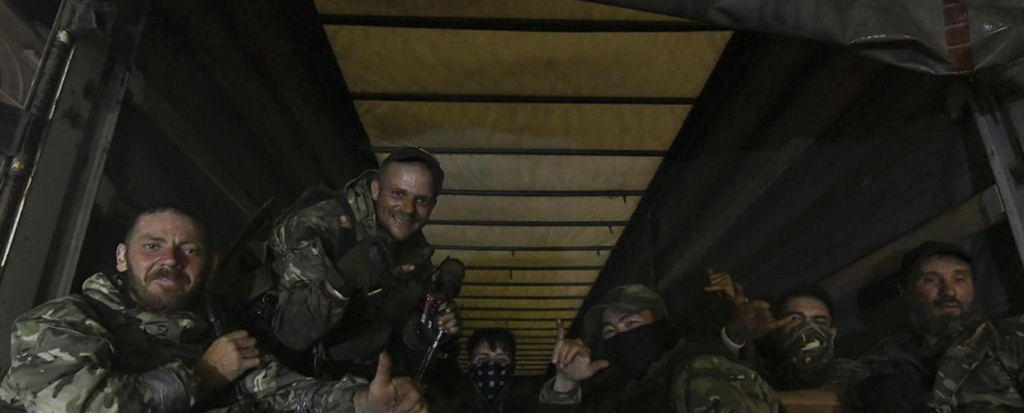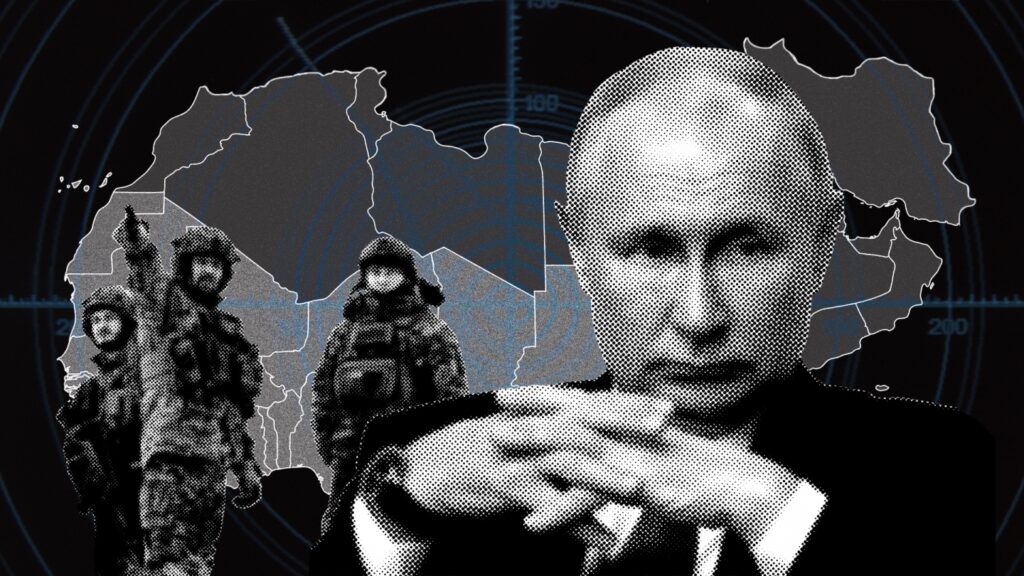Germany Creates Equity In Western Ukraine – OpEd
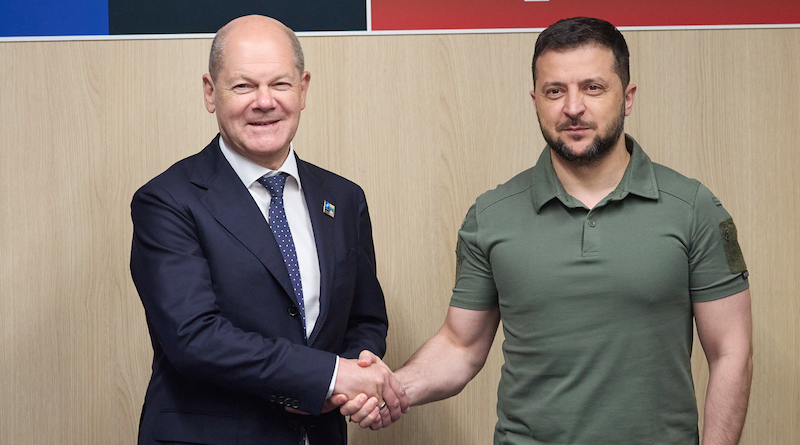
The hypothesis that the Anglo-Saxon axis is pivotal to the proxy war in Ukraine against Russia is only partly true. Germany is actually Ukraine’s second largest arms supplier, after the United States. Chancellor Olaf Scholz pledged a new arms package worth 700 million euros, including additional tanks, munitions and Patriot air defence systems at the Nato summit in Vilnius, putting Berlin, as he said, at the very forefront of military support for Ukraine.

